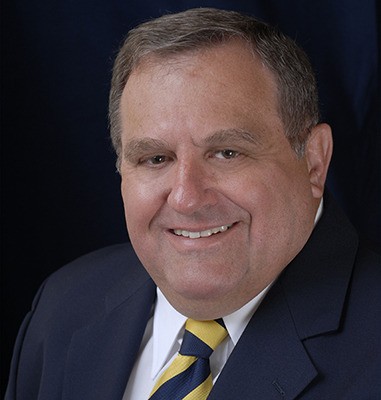With gas prices plummeting to less than $2 a gallon, some politicians think this is the ideal time to increase state and federal gas taxes.
The theory is when gasoline is expensive, voters vehemently oppose higher gas taxes; but when the price drops, motorists don’t pay as much attention. They just fill up and drive off, thankful for the savings.
The flaw in that theory is that gas prices inevitably will climb again. But a larger concern is that the debate over fuel taxes distracts us from the real question: What is the best way to pay for road projects and bridge maintenance and reduce highway congestion? The real issue is how taxes are collected and distributed for transportation projects.
Today, the federal gasoline tax is 18.4 cents per gallon and 24.4 cents for diesel.
Washington’s gas and diesel taxes are among the nation’s highest at 37.5 cents.
Therefore, truckers in our state are taxed 62 cents a gallon for diesel and car owners fork over nearly 56 cents per gallon in taxes.
And there’s more to come. Although not a direct fuel tax increase, Gov. Jay Inslee’s cap-and-trade program and his proposed low carbon fuel standard will both raise fuel costs.
The cap-and-trade program would cap industrial carbon emissions at a certain level and facilities that exceed the cap would have to pay money to the state. Inslee estimates the program will bring in $1 billion a year, $400 million of which would pay for road and bridge projects.
Presumably, the refineries and fuel shippers covered by the program will pass their added costs on to consumers in the form of higher fuel prices. And analysts for the state’s climate change task force estimated his low carbon fuel standard would increase gas prices from 93 cents to $1.17 per gallon.
Here’s the problem. Depending solely on gas taxes and carbon-based fuels to pay for transportation may have worked in the past, but it ignores modern realities.
When President Dwight Eisenhower set up the federal Highway Trust Fund in 1956, the proceeds from the original 3-cent gas tax built the interstate highway system. As the system was expanded and upgraded over the decades, the tax was increased in 1982, 1990 and 1993.
That system worked pretty well when the price of a gallon was under 30 cents a gallon and when the only electric vehicles in Seattle were the electrified trolley buses. But the 1973 Arab oil embargo changed all that.
Overnight, the price of a barrel of oil quadrupled. President Richard Nixon responded by rationing gasoline and imposing a 55 mph speed limit.
As Congress got involved, the auto industry began shifting to cars that got better mileage.
Now, President Barack Obama wants cars to average 54.4 miles per gallon by 2025. More fuel-efficient cars and the growing popularity of hybrids and electric cars means less gas is sold, which generates less gas tax revenue for transportation projects.
The formula for funding highway and bridge construction must change; state and federal fuel taxes are no longer sufficient.
Carbon fuels can no longer bear the brunt of funding our transportation system. Congestion-based funding, tolls, licensing and fees on all vehicles, including electric and alternative fuel cars, will have to pick up a greater share of the costs.
Recently, the Wall Street Journal editorialized that the time has come to abolish the federal gas tax, saying the costs of transportation can reasonably be borne by the people who enjoy the benefits – a user fee of sorts.
While it seems highly unlikely that Congress will repeal the gas tax, elected officials need to look at the core issues with transportation and shift away from reflexively raising fuel taxes.
That just won’t work anymore.
Don C. Brunell is a business analyst, writer and columnist. He recently retired as president of the Association of Washington Business, the state’s oldest and largest business organization, and now lives in Vancouver. He can be contacted at theBrunells@msn.com.



